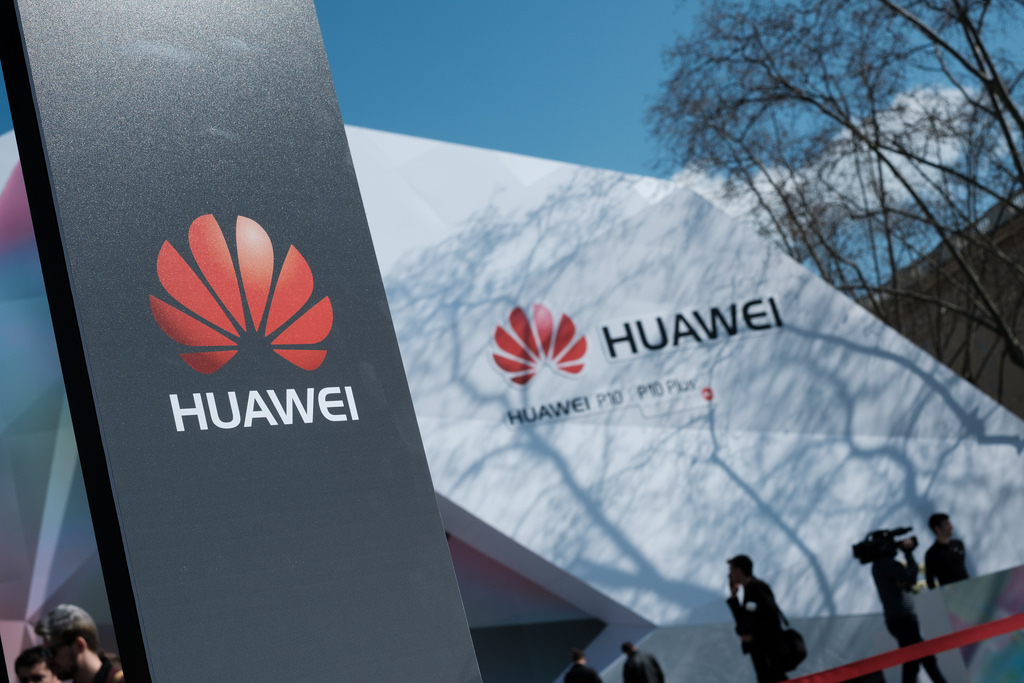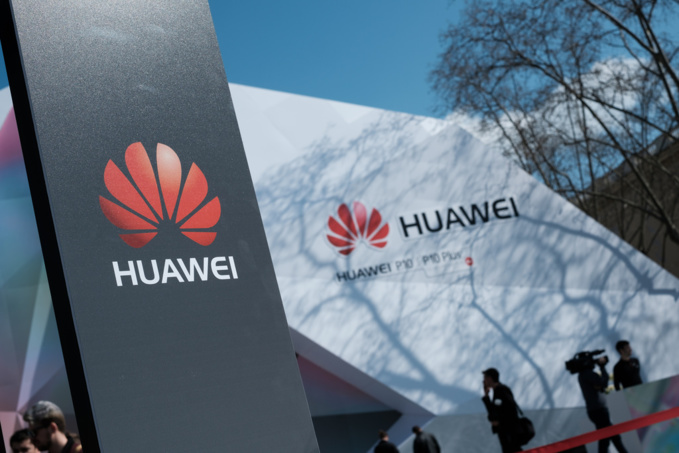The investigation is at a late stage, and the federal prosecutor may charge Huawei in a short time, the sources say.
The criminal investigation was triggered by a number of civil lawsuits against Huawei, including a lawsuit of T-Mobile that accused a Chinese company of stealing smartphone testing technology.
T-Mobile filed a lawsuit against Huawei in 2014. At that time, the Chinese company was a supplier of mobile phones for the American telecom operator, which developed a robot to test the quality of smartphones, called Tappy.
The T-Mobile lawsuit states that during the period of cooperation between the two companies, Huawei employees asked questions about details of the robot device and repeatedly tried to get information about some technologies. Two employees of Huawei illegally took pictures of the robot in a test lab, and one of the employees tried to take an important part of the device outside of the lab, T-Mobile reported.
The employee, who planned to steal the part using a laptop bag, admitted that the R&D team of Huawei believed that researching this component would allow the Chinese company to improve its own development of a similar device.
"Given serious violations of terms of the contract with T-Mobile, made by Huawei, as well as the theft of trade secrets, T-Mobile was forced to cease cooperation on the supply of smartphones with Huawei, having incurred significant costs," - said in the lawsuit of the American company.
T-Mobile’s technology, which Huawei illegally seized, was used by a Chinese company to obtain commercial benefits of hundreds of millions of dollars, T-Mobile says.
Huawei notes that accusations of theft of T-Mobile technology are unfounded, because Tappy was not a secret. Videos of the robot can be found on YouTube, and details of its design and specifications are listed in several patents, Huawei noted.
In 2017, the jury decided on the claim in favor of the American company, finding that Huawei had violated the terms of the contract with T-Mobile, and imposed a fine of $ 4.8 billion on the Chinese company.
source: wsj.com
The criminal investigation was triggered by a number of civil lawsuits against Huawei, including a lawsuit of T-Mobile that accused a Chinese company of stealing smartphone testing technology.
T-Mobile filed a lawsuit against Huawei in 2014. At that time, the Chinese company was a supplier of mobile phones for the American telecom operator, which developed a robot to test the quality of smartphones, called Tappy.
The T-Mobile lawsuit states that during the period of cooperation between the two companies, Huawei employees asked questions about details of the robot device and repeatedly tried to get information about some technologies. Two employees of Huawei illegally took pictures of the robot in a test lab, and one of the employees tried to take an important part of the device outside of the lab, T-Mobile reported.
The employee, who planned to steal the part using a laptop bag, admitted that the R&D team of Huawei believed that researching this component would allow the Chinese company to improve its own development of a similar device.
"Given serious violations of terms of the contract with T-Mobile, made by Huawei, as well as the theft of trade secrets, T-Mobile was forced to cease cooperation on the supply of smartphones with Huawei, having incurred significant costs," - said in the lawsuit of the American company.
T-Mobile’s technology, which Huawei illegally seized, was used by a Chinese company to obtain commercial benefits of hundreds of millions of dollars, T-Mobile says.
Huawei notes that accusations of theft of T-Mobile technology are unfounded, because Tappy was not a secret. Videos of the robot can be found on YouTube, and details of its design and specifications are listed in several patents, Huawei noted.
In 2017, the jury decided on the claim in favor of the American company, finding that Huawei had violated the terms of the contract with T-Mobile, and imposed a fine of $ 4.8 billion on the Chinese company.
source: wsj.com



















